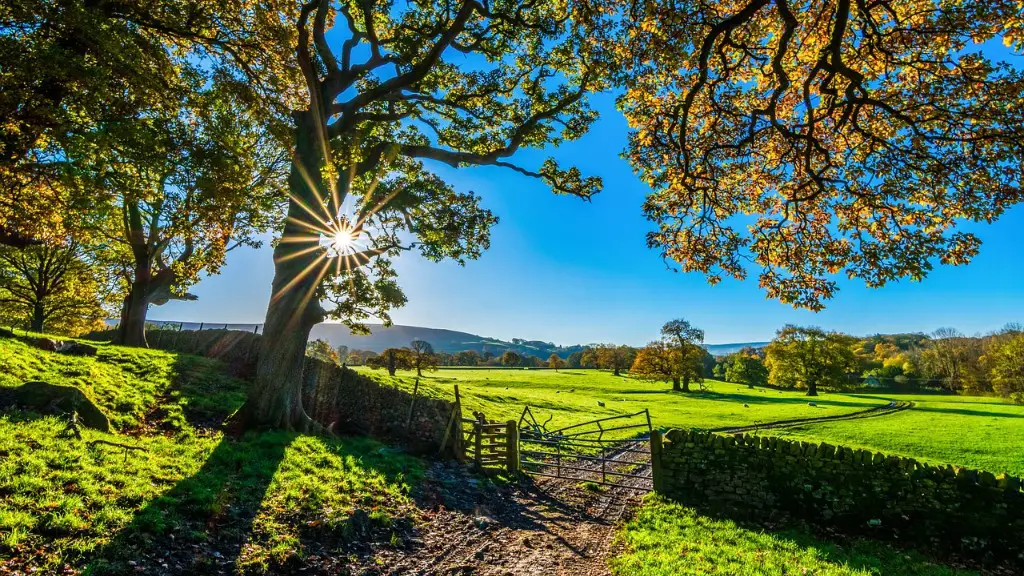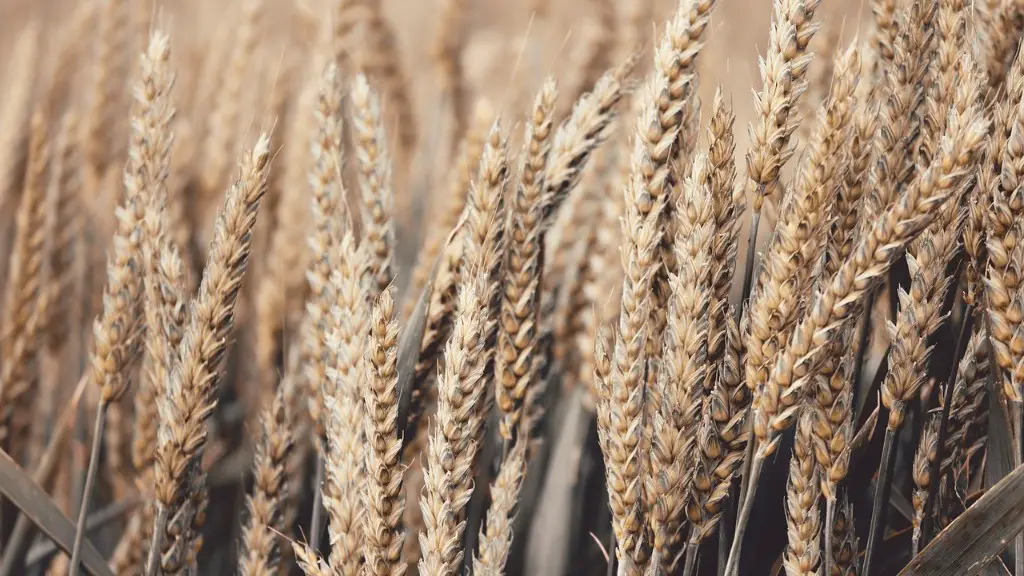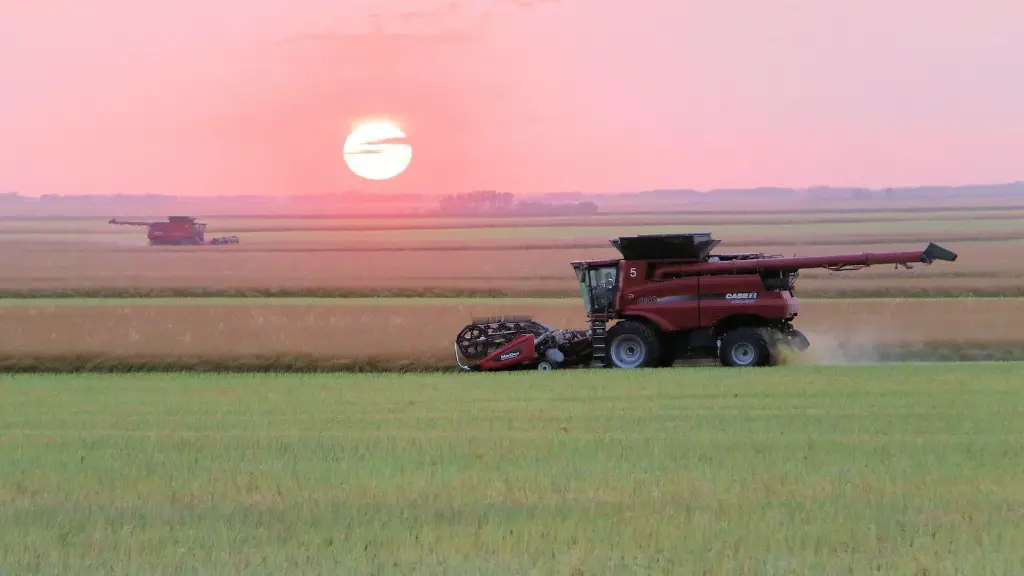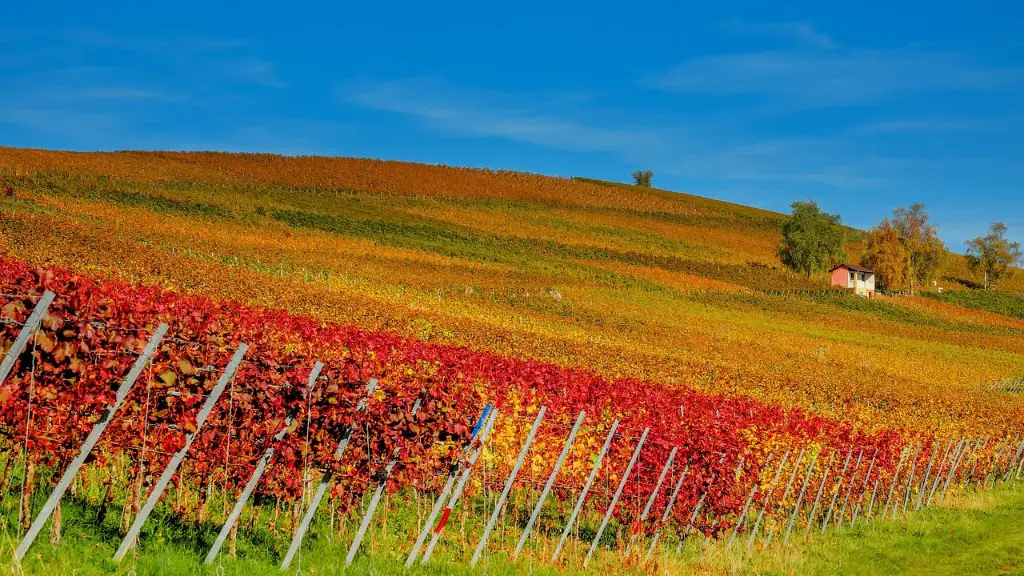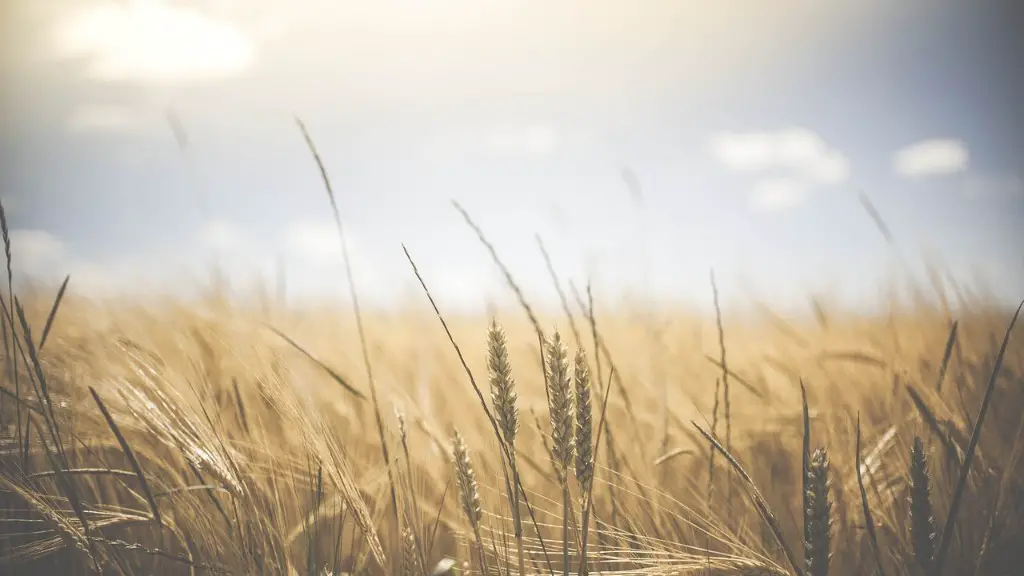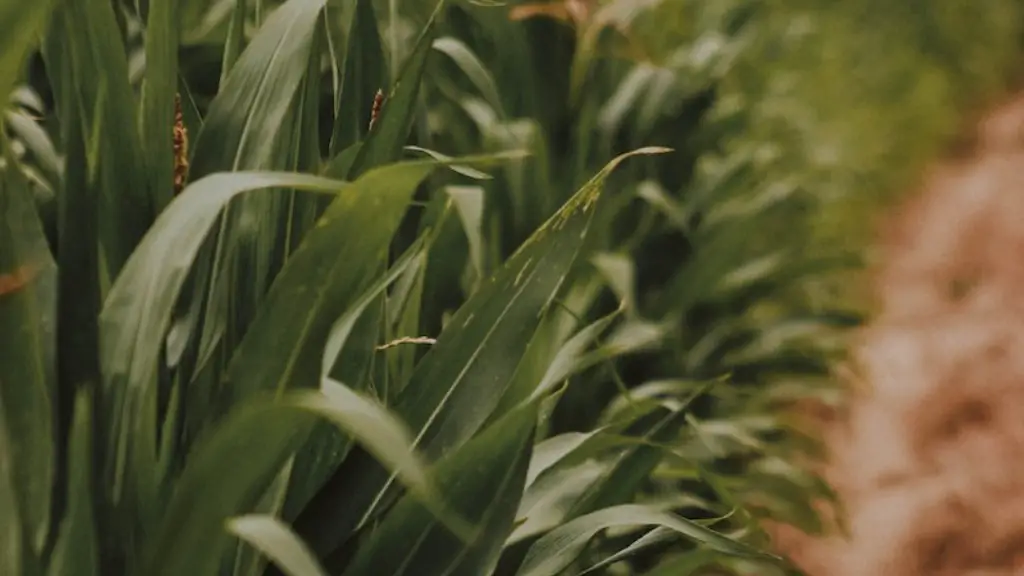Agriculture is the science and art of producing plants and animals for human use. It began as a way of life for early humans who gathered wild plants and hunted animals for food. Agriculture allowed for the domestication of plants and animals, and it led to the development of civilizations. Today, agriculture continues to be an important part of human society, providing food, fiber, and fuel for people all over the world.
Agriculture is the science, art, and practice of producing useful plants and animals in ecosystems that sustain life. It began thousands of years ago in various regions around the world.
What is agriculture and when did it start?
Agriculture is the cultivation of food and goods through farming. It is thought to have been practiced sporadically for the past 13,000 years, and widely established for only 7,000 years. Agriculture produces the vast majority of the world’s food supply.
The Zagros Mountain range, which lies at the border between Iran and Iraq, was home to some of the world’s earliest farmers. Sometime around 12,000 years ago, our hunter-gatherer ancestors began trying their hand at farming. They quickly found that the dry, rocky soil of the Zagros was perfect for growing wheat and barley. Over the millennia, the people of the Zagros developed a rich culture, based on their agricultural lifestyle. Today, the Zagros is still home to many farmers, who continue to grow wheat and barley in the same dry, rocky soil.
What is the agriculture
Agriculture is a vital part of the world economy and is responsible for providing most of the world’s food and fabrics. It is an ancient practice that has been around for millennia and has greatly impacted the development of human civilization. Today, agriculture is a highly technical field that employs a variety of scientific and technological advances to maximize crop yields and livestock productivity. With the world population projected to continue to grow, agriculture will play an increasingly important role in meeting the needs of the world’s people.
The earliest agriculture is thought to have occurred in the eastern Mediterranean region, around 10,000-12,000 years ago. This is known as the Levant, and it is thought that agriculture first arose here to feed the growing human population. Agriculture then spread to 11 other regions around the world, where it is thought to have arisen independently. Domestication of plants and animals then followed in order to provide a reliable food source for these growing populations.
What is origin in agriculture?
Agricultural origins refer to the places and circumstances that gave rise to cultivated plants and tamed animals. The genotypic (genetic) and phenotypic changes that took place during this process turned wild/cultivated species into domesticates. Cultivation and domestication are distinct processes, with domestication being the more permanent change.
Agriculture was a major breakthrough for humanity. It allowed us to settle down in one place, form civilizations, and build cities. Agriculture also allowed us to domesticated animals, which provided us with a source of food and labor.
When did agriculture start answer?
Agriculture is one of the oldest human activities and dates back to around 10,000 BC. It is thought that early humans began to domesticate plants and animals and to farm in order to meet their needs for food, shelter and clothing. Agriculture allowed for the domestication of plants and animals, which led to the development of civilizations. Agriculture has played a major role in human history and has greatly impacted the world we live in today.
The word agriculture is a late Middle English adaptation of Latin agricultūra, from ager, “field”, and cultūra, “cultivation” or “growing”. Agriculture usually refers to human activities, although it is also observed in certain species of ant, termite and ambrosia beetle. Agriculture is the art and science of cultivating the soil, growing crops and raising livestock. It includes the preparation of plant and animal products for people to use and their transportation to markets. Agriculture provides most of the world’s food supply, and the demand for food is expected to continue to grow as the world’s population increases.
What is agriculture one word answer
Agriculture is the backbone of India’s economy. It is a vital part of our country’s food security and provides livelihood for a large number of our population. India is an agrarian country and farming is an integral part of our culture.
The government has taken various initiatives to promote and develop the agricultural sector. The Pradhan Mantri Fasal Bima Yojana is one such initiative that aims to provide insurance cover to farmers against crop loss due to natural calamities. The Pradhan Mantri Krishi Sinchai Yojana is another initiative that aims to provide irrigation facilities to farmers.
The government is also working on developing the agricultural marketing sector so that farmers can get better prices for their produce. The e-NAM platform is one such initiative that aims to connect farmers directly with buyers and create a one-stop-shop for all agricultural products.
There is a lot of scope for further development in the agricultural sector and the government is taking the necessary steps to promote and develop this sector.
Agriculture is the practice of cultivating natural resources to sustain human life and provide economic gain. It combines the creativity, imagination, and skill involved in planting crops and raising animals with modern production methods and new technologies.
The Agricultural Revolution, which began in the 18th century, transformed the way we produce food and other crops, making it possible to feed a growing population. Today, agriculture continues to be an important part of the global economy, providing jobs for millions of people around the world.
As we look to the future, it is important to continue to invest in agriculture, to ensure that we can meet the needs of a growing population while also protecting our natural resources.
When did agriculture begin in America?
Agriculture is one of the most important inventions in human history. It allowed for the domestication of plants and animals, which in turn led to the formation of civilizations. Agriculture began independently in both North and South America ∼10,000 years before present (YBP), within a few thousand years of the arrival of humans in the Americas. This contrasts with the thousands of years that people were present in the old world before agriculture developed. The early American farmers were able to adapt to the diverse climate and soil types in the Americas, and they developed a variety of new techniques, including irrigation and terracing. This allowed them to thrive in the Americas, and their success was one of the key factors in the development of the Americas as a major civilization.
Farming is one of the oldest human activities and started in the predynastic period at the end of the Paleolithic, after 10,000 BC. The earliest staple food crops were grains such as wheat and barley, alongside industrial crops such as flax and papyrus. In India, wheat, barley and jujube were domesticated by 9,000 BC, soon followed by sheep and goats.
Who started the history of agriculture
The title of “inventors of agriculture” would fall to the Sumerians if the operative definition of agriculture includes large scale intensive cultivation of land, mono-cropping, organized irrigation, and use of a specialized labor force. The Sumerians began developing these practices around 5,500 BCE.
Climate change and overhunting are two potential factors that may have led to the extinction of some well-known species. If climate change made it too cold or too dry to rely on wild food sources, this would have forced these species to settle and practice agriculture. Overhunting may have also pushed the extinction of some species due to the shortage of food that resulted.
What are 3 reasons why agriculture is important?
Agriculture is one of the most important aspects of our lives – even if we don’t always realize it. Here are 10 reasons why agriculture is so important:
1. It’s the main source of raw materials: Agriculture is the main source of raw materials for industries like textile, leather, paper, etc.
2. It’s important to international trade: Agriculture is one of the main drivers of international trade.
3. It plays a big role in a nation’s revenue: A large part of a nation’s revenue comes from agriculture.
4. It provides employment: Agriculture provides employment for a large section of the population.
5. It’s crucial to a country’s development: A country’s development is incomplete without a strong agricultural sector.
6. It can help heal the environment: Sustainable agriculture can help heal the environment by sequestering carbon, increasing soil fertility, and more.
7. It goes hand-in-hand with war: Wars are often fought over control of agricultural land and resources.
8. It’s a way of life for many: For many people around the world, agriculture is not just a job – it’s a way of life.
9.
Agriculture plays a very important role in the economic growth and development of any country. It is the main source of food for the people and also provides raw materials for industries. It is a very important sector of the economy and contributes a lot to the gross domestic product.
Warp Up
Agriculture is the cultivation of land and raising of animals for food, fiber, fuel, or other products. It began independently in different parts of the world, and orher plants were domesticated first, followed by animals.
Agriculture is the fundamental production activity in many parts of the world and has been an important human activity for millennia. The origins of agriculture are still being debated by archaeologists and anthropologists, but it is clear that the transition from hunter-gatherer to agricultural societies was a major social and economic change in human history. Agriculture allowed for the growth of cities and the rise of civilizations. It has also had a profound impact on the environment, both in terms of the way land is used and the impact of agricultural practices on climate change.
